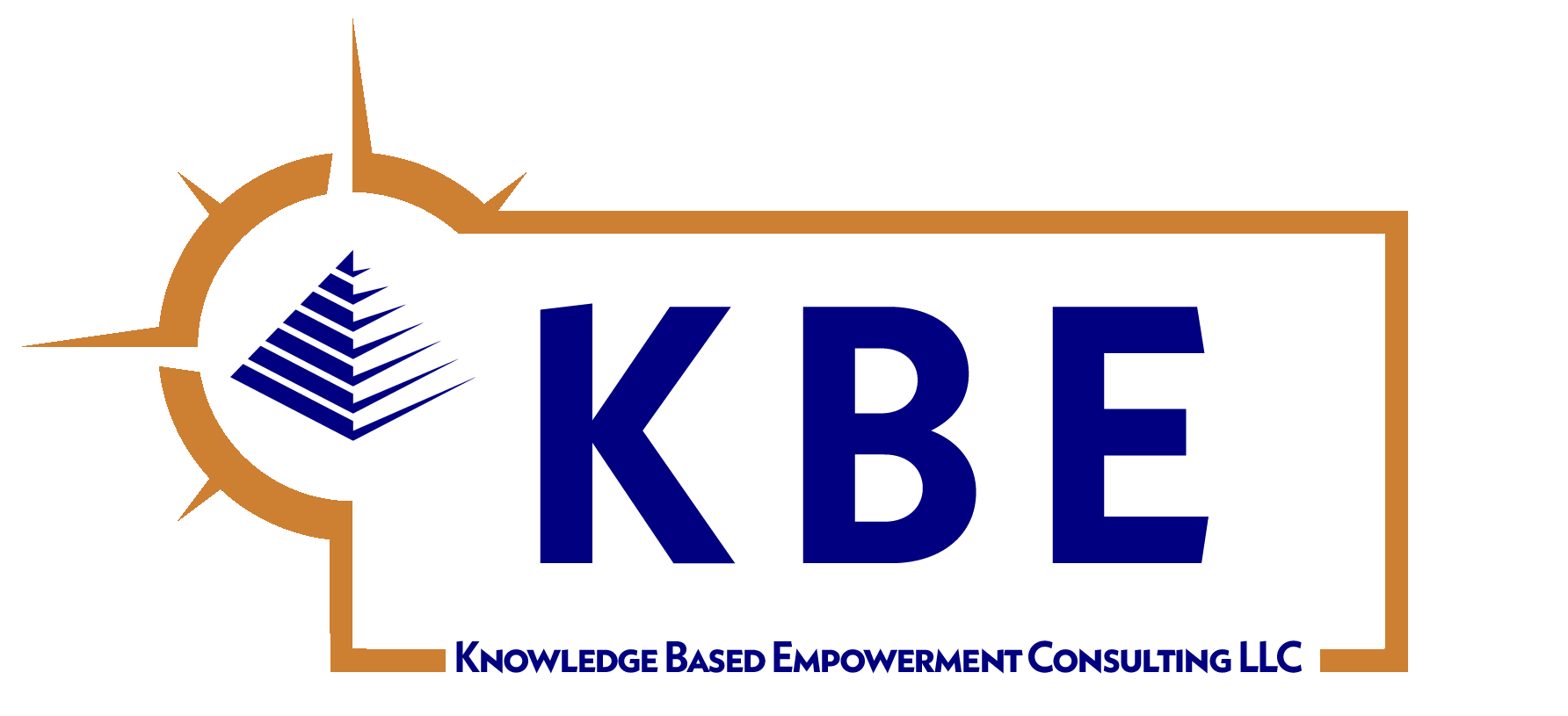
Nonprofits establish annual projections with a call to action to their active boards, committees, and auxiliaries to provide active support. Fundraising may include an annual event, and donations drive, but there are always opportunities presented to take advantage of funding requests for proposals. Many bridge narrow budget shortfalls with efforts towards the grant writing process. When objectives are not clear, time consuming efforts can be wasted. Therefore, expectations have to be established with alignment to the needs of the organization. Clearly the first is to clarify the purpose of soliciting a “grant writer” vs. a consultant. The following thoughts may help you decide.
1. Effective Grant Writers
Writers cannot control their effectiveness without access to key staff. They are also going to produce better writing to the extent of the information made available to them. How your website, marketing, and agency reports build the picture of what you do can be limited or impressive enough to inspire. Either way you control what is made available to them and the outcome of what they write will be your obligation to fulfill. No guarantees can secure a competitive award with a writing style, as it is the substance of your business and services provided that must demonstrate why your product is the best fit. Most important, any required attachments you provide will strengthen the prospect of an award. Experienced grant writers may have higher success rates, but it must be clear to you that writing is a team effort. Other factors out of anyone’s control are four points to keep in mind.
2. Review and Scoring
- There are no standards or mandated scoring criteria for grant submissions and the expectations from one review to another may be experience-driven.
- Grantors can state a cut off time with a target number in mind.
- Priorities may change and not be amended from the original calls for proposals.
3. SMART Approach
Although the processing of applications varies from one grantor to another, it takes time to narrow down the candidate most capable of meeting the demands of the grant. When applications are specific, provide measurable objectives and realistic outcomes, with well though out timing decisions may still take between 30 to 90 days, and sometimes up to six months. If their process includes a presentation or interviews, site visits, or board interviews. This means a significant delay before seeing a return on investment from a grant writer. Further, it is important prepare as the year progresses, for the renewal application or other potential opportunity. The written parts can be used to cut and paste into other grants.
4. Full Grant Cycle Readiness
Nonprofit leaders familiar with the grant process is essential. Preparing a comprehensive binder with all of the items a grant writer will need is key. Ensure handouts, brochures, reports, program descriptions, media articles, videos, client testimonials, success metrics, financial documents, lists of board members and bios, etc.
Preparing program directors and other key staff to be ready to meet with the writer. Again, the application is a team effort you want to reflect the impact of your programs. Your leadership team should always be prepared to actively engage with grantors for a site visit. Establishing relationships with funders through meetings and presentations can increase your chances of securing grants.
Although challenging, grant writing is a vital source of funding for nonprofits, tapping into a vast pool of available funds each year. Sometimes there is a buzz of territorialism, especially when competing on a county-level and even greater when there is a political attachment to funding. With a strategic and realistic approach, grant acquisitions can be a fruitful revenue stream for your organization.
5. Grant Writer vs. Consultant and Compensation
Just in case you are new to grants all together, never to compensate grant writers on a commission basis, as this type of arrangement is unethical. Instead, compensation should be structured as a monthly retainer or per-application fee. Depending on your level of knowledge you will learn this really is not a complicated process. What is absolutely imperative is the grant management side of receiving the award. Someone on your team will need to be on top of reporting deadlines until the reconciliation part is complete and grant is closed out. A consultant is more inclined to be skilled at both and willing to coordinate support.
Share This Story, Choose Your Platform!
Get In Touch
108 Patriot Drive, Suite A
Middletown, DE 19709
Phone: 1.302.000.000
Email: [email protected]
Web: kbeconsult.com



